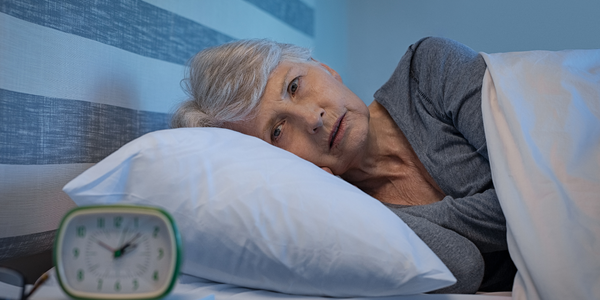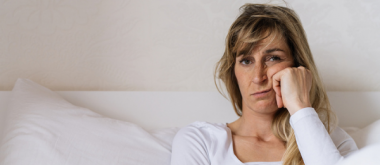It is widely known that a good night’s sleep is essential for overall health and well-being. However, research has shown that there may be a link between sleep duration, insomnia, and Parkinson’s disease. Specifically, it appears that people who have Parkinson’s disease are more likely to experience insomnia and other sleep problems.
Additionally, sleep duration for people with the disease may be shorter than for people without the condition, showing that the disease itself could be the source of sleep difficulties. Thus, people with Parkinson’s disease must be aware of any possible relationship between their condition and sleep difficulties.
Understanding Parkinson’s Disease
In short, Parkinson’s disease is a neurodegenerative disorder that affects motor function. The main symptoms of the disease are shaking, stiffness, slow movement, and difficulty walking and maintaining balance. Although the cause is largely unknown, it is believed to be related to age, genetic and environmental factors. In addition, some findings have determined that certain women have a greater risk of developing Parkinson’s disease based on their menopause and hormonal stages. Though Parkinson’s currently lacks a cure, treatments are available to manage symptoms and improve quality of life.
In most cases, the disease progresses slowly over time, and the symptoms can be effectively managed with medication and lifestyle changes. However, the condition can progress rapidly in some cases, causing severe disability and significantly reducing life expectancy.
The Link Between Sleep Duration, Insomnia, And Parkinson’s Disease

Dopamine and the sleep-wake cycle
Dopamine is a chemical that helps to regulate the sleep-wake cycle. In people with Parkinson’s, dopamine levels are lower than normal. As a result, they often experience insomnia and daytime sleepiness. Research suggests that increasing dopamine levels can help to improve sleep quality in people with Parkinson’s disease.
A study found that taking a dopamine agonist before bedtime helped participants fall asleep more quickly and stay asleep for extended periods. Furthermore, the participants reported feeling more rested and alert during the day. These findings suggest that increasing dopamine levels may be an effective treatment.
Motor symptoms and sleep
The motor symptoms of Parkinson’s can make it difficult to fall asleep or stay asleep throughout the night. As a result, people with Parkinson’s condition often experience difficulty falling asleep and may wake up frequently during the night.
The Effects of Sleep Deprivation on Parkinson’s
While sleep deprivation as a result of the disease may seem obvious to some, the significance of the correlation lies with the effect it can ultimately have on the disease itself. Simply put, sleep deprivation can worsen the symptoms of Parkinson’s. A study found that participants who were sleep deprived had more difficulty with tasks that required them to move slowly and smoothly. Furthermore, the participants had more problems with tasks that required them to remember and follow instructions.
These findings suggest that sleep deprivation can worsen the disease’s motor symptoms. In addition, sleep deprivation can also lead to increased levels of stress and anxiety. These effects can further exacerbate the symptoms of Parkinson’s. Treatment for sleep problems in Parkinson’s is essential, as sound sleep can help to improve the overall quality of life.
Treatment for Sleep Problems in Parkinson’s Condition
Various treatments are available for sleep difficulties in those with Parkinson’s disease. These treatments can help to improve the overall quality of life. Some of the most common treatments include:
Taking medications to help enhance the quality of sleep
Common medications used to treat sleep problems in people with Parkinson’s include antioxidants.
Practice alternative remedies

Adjusting the timing of medications
In some cases, it may be helpful to adjust the timing of drugs to improve sleep quality.
Exercising regularly
Exercise can help to improve sleep quality in people with Parkinson disease.
Practicing good sleep hygiene
Good sleep hygiene habits can help to improve sleep quality in people with Parkinson disease. Some essential sleep hygiene habits include avoiding caffeine and alcohol before bed, maintaining a regular sleep schedule, and creating a calm and relaxing sleep environment.
Sleep is vital for overall health and well-being. People with Parkinson’s are more likely to experience sleep problems such as insomnia. There are several possible explanations for this link, including the dopamine deficiency that is characteristic of Parkinson’s disease and the motor symptoms of the disorder. Treatment for sleep difficulty in people with Parkinson’s is essential, as sound sleep can help to improve the overall quality of life.





